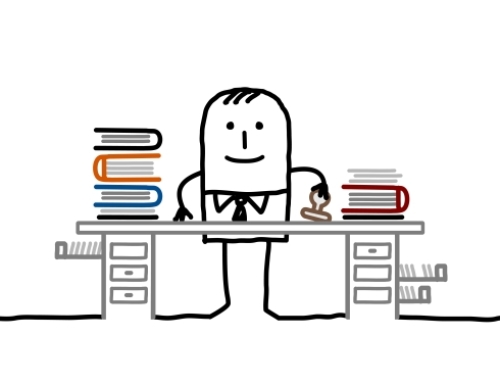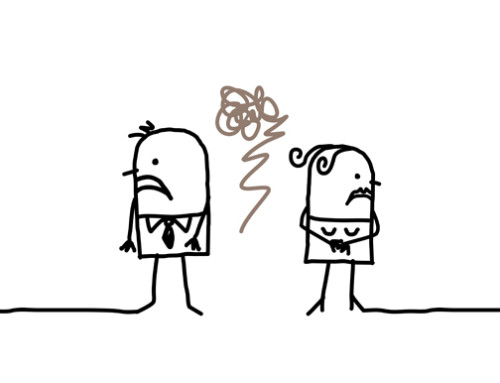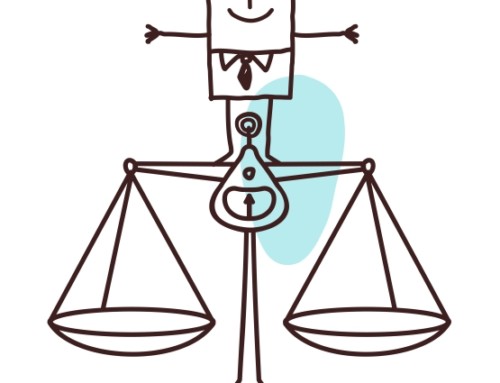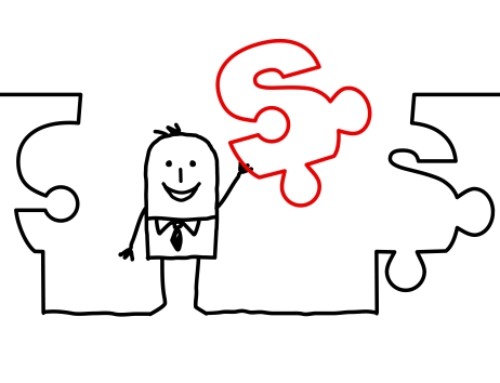If what you are currently doing to make progress on your issues isn’t working, continuing in the same manner is likely to keep you stuck. In this article, I discuss how following Einstein’s recommendation that you try something different to get different results applies to working on issues in counselling.
Although Albert Einstein is celebrated primarily for his accomplishments in the field of science, his influence is also evident in psychology and counselling. In working with clients as a Calgary psychologist and a Cochrane psychologist, I am guided by a principle based on a quote attributed to the iconic physicist, “The definition of insanity is doing the same thing over and over again and expecting different results.” In the following sections, I will discuss how I encourage my clients to act on his words.
How Einstein’s definition of insanity manifests itself in counselling
Einstein’s principle manifests itself in counselling at the start of the process. That is, if you are coming for help to address one or more issues, then by definition what you have tried doing on your own has not led to the results you are seeking. Therefore, in order for you to make further progress you will necessarily need to try doing something you have not tried on your own. This means that your being open to trying new ideas or strategies your therapist suggests is much more likely to get you different (that is, better) results than balking at your therapist’s suggestions.
Success versus failure based on the willingness to do something different
If you think the need to do something different in counselling is so obvious so as to be unnecessary to mention, think again. There have been many clients with whom I have worked whose failure to heed Einstein’s seemingly obvious principle has resulted in their being unable to make progress on their issues. A common scenario of this type involves a client who indicates they are seeking my help to address their issues, then proceeds to balk at even trying ideas and strategies I suggest which have a good track record of success for those issues. This results in the client not trying something different and therefore getting the same unsatisfactory results they had been getting prior to coming for counselling.
Contrast this failure scenario with that of my clients who make the most progress on their issues. These clients are set apart by their willingness to listen to new ideas and strategies and, more importantly, to give them a try. Doing so typically leads these clients to make significant progress, lending credence to the implication of Einstein’s principle which is that doing something different gives a person the possibility of getting different results. Even in the minority of instances in which doing something different does not produce different results, these clients recognize that that they have not lost anything by doing something different. They then continue trying out new ideas and strategies until they find those which lead to progress. In other words, they recognize that their failing to do something different leaves them with no possibility of success and that plugging away at new ideas and strategies will eventually pay dividends.
If you’re reluctant to do something different, take small steps
Even if you recognize that you need to do something different to make progress, you may have valid reasons for not acting on your therapist’s suggestions for positive change. Perhaps you believe you have already tried doing what your therapist is recommending without success or you are skeptical that a particular suggestion or change of any kind will lead to progress. My recommendation to clients with this mindset is that they try doing something different in small steps. This often involves inviting the client to conduct one or more small experiments in which they test their belief that the ideas or strategies I’ve suggested will not work. The ‘deal’ I make with my clients in these instances is that they will not have to use the strategies further if their experiments demonstrate that the strategies did not work when they tried them out. Fortunately, most of the time my clients’ experiments reveal that the strategies did work and that they therefore would like to continue using them.
So if you find yourself not making progress on your issues, particularly when you have tried counselling, it may be the result of your needing to pay more attention to the principle espoused in Albert Einstein’s famous quote. Doing so will help you get ‘different results’ whether you are attending depression counselling, anxiety counselling, self-esteem counselling, addictions counselling, eating disorders counselling, couples counselling, anger management counselling, stress management counselling, trauma counselling or sports psychology counselling.
May you do something different to get different results,
-Dr. Pat








Leave A Comment